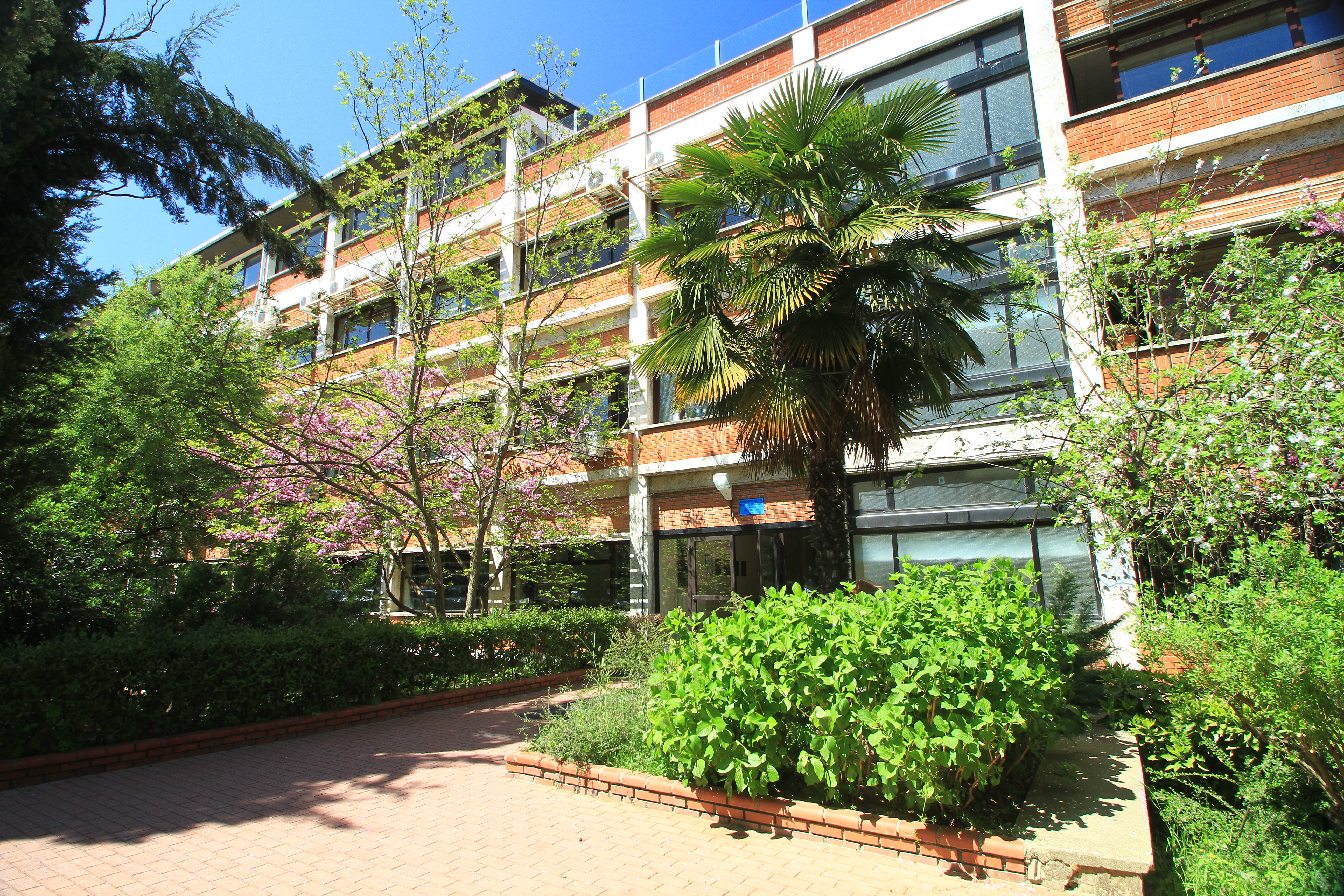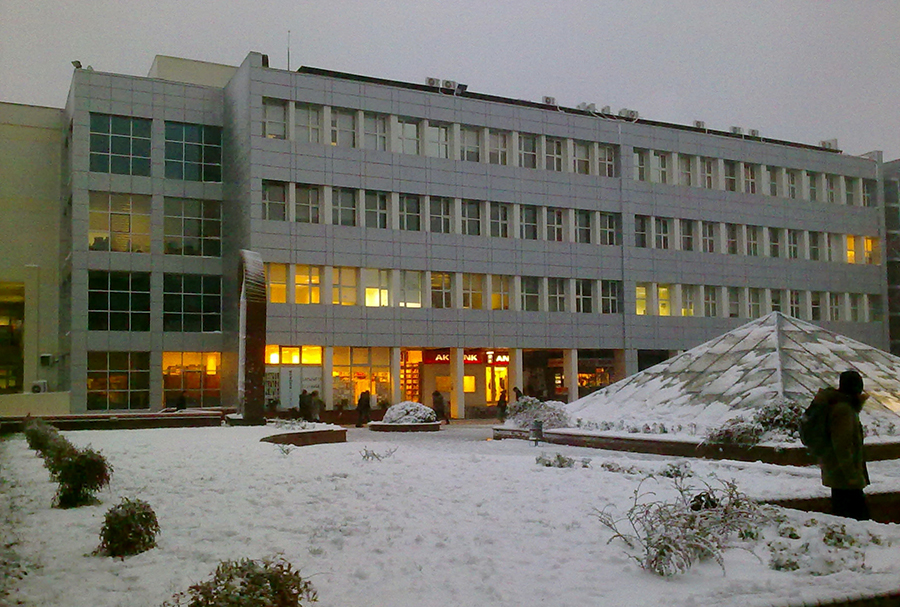Welcome to the Thermal and Energy Systems Laboratory (TESLab)
TESLab is located in Kare Blok (Science and Engineering Building in North Campus, Bogazici University) and its goal is to develop methods and tools for design, measurement and control of thermal and energy systems. Our research focuses on the following applications:
- Design and production of improved materials for renewable energy harvesting and improved thermal transport relying on nano-technology
- Multi-scale modeling and characterization of nano-scale thermal transport
- Design and control thermal systems
- Thermal management and testing of opto-electronic packages
We are not only focused on contributing to the scientific literature in these areas, but also provide solutions to practical problems using numerical and experimental techniques. Due to the multi-scale nature of these problems, we focus both on microscopic and macroscopic modeling and characterization methods. Moreover, we use novel design and characterization approaches for some of these applications such as inverse design or regularization based tomography techniques.
Our research is both experimental and computational. While the experimental work is carried out in Experimental-TESLab (e-TESLab), the computational work is carried out in Computational-TESLab (c-TESLab).
News
May 30, 2024
TESLab was in CHT-24
Our team attended the 9th International Symposium on Advances in Computational Heat Transfer (CHT-24), hosted by Istanbul Technical University and International Centre for Heat and Mass Transfer. We delivered five presentations in total, including Hakan Ertürk’s keynote speech entitled as “Radiative Heat Transfer in Particulate Medium - Methods, Metrics and Revised Regime Map”. Please visit our presentation topics through this link.
March 26, 2024
New journal article!
Our recent study “Revisiting the scattering regime map based on transport scattering coefficient for dielectric particulate medium” is available online. The relevant article, which is published in International Communications in Heat and Mass Transfer (ICMHT), is freely accessible through this link until May 14, 2024.
March 22, 2024
New journal article!
Our featured insights on identifying the scattering regime of dielectric particulate medium is published in International Communications in Heat and Mass Transfer (ICMHT). The relevant article is freely accessible through this link until May 9, 2024.


